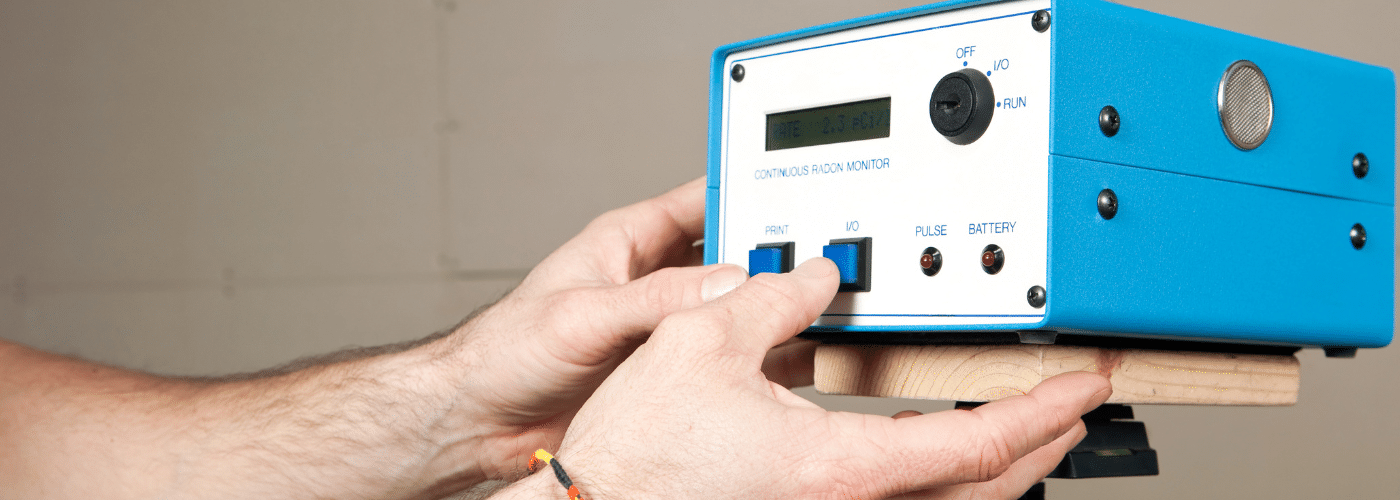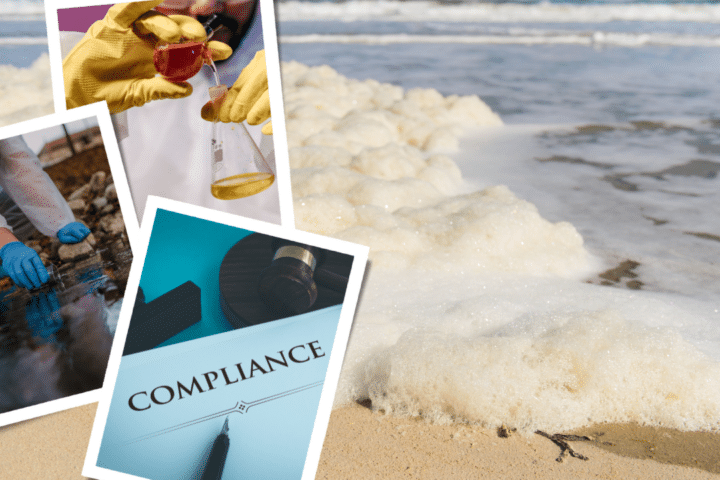What is Radon?
Radon is a colorless, odorless, and tasteless radioactive gas that is naturally present in soil, rocks, and water. It is a known carcinogen that can lead to lung cancer when inhaled in high concentrations.
Radon is dangerous because it is a radioactive gas that can enter homes through cracks and gaps in the foundation, and become trapped and concentrated in indoor air. When radon is inhaled, it can damage the lining of the lungs, leading to the development of lung cancer over time. In fact, radon is the second leading cause of lung cancer in the United States, causing an estimated 21,000 deaths each year. Unlike other forms of air pollution, radon is odorless and invisible, which means that it can go undetected for long periods of time.
HUD regulations and Radon
HUD homes are residential properties that have been foreclosed upon by the government due to the homeowner's failure to pay their mortgage. These homes are often sold at a lower price than other homes on the market, making them an attractive option for many homebuyers. However, it is important to ensure that the home is safe and free of any health hazards, including radon.
Radon testing for HUD homes is required by law. The HUD requires that all homes financed through the Federal Housing Administration (FHA) be tested for radon. The FHA is a government agency that provides mortgage insurance to lenders, which allows them to offer loans to homebuyers who may not qualify for traditional mortgages. The FHA requires that all homes it insures undergo a radon test prior to the loan being approved.
If a HUD home is not financed through the FHA, radon testing may still be required by the lender. Many lenders require a radon test as part of the home inspection process. Homebuyers should always check with their lender to determine if a radon test is required.
Testing For Radon.
Radon testing for HUD homes is typically conducted by a certified radon inspector. The inspector will place a radon detector in the lowest level of the home for at least 48 hours, and the device will measure the level of radon in the air and provide an average concentration reading. If the radon level in the home is found to be above the EPA's action level of 4.0 picocuries per liter (pCi/L), then mitigation measures must be taken to reduce the level of radon in the home. It is important to note that radon testing is not a one-time event. Radon levels can fluctuate based on a variety of factors, including changes in the soil and weather conditions. As such, it is recommended that homeowners test their homes for radon every two years.
Testing for radon is a simple and affordable way to protect yourself and your family from this dangerous gas.
Remediation
If elevated radon levels are detected, remediation measures can be taken to reduce radon concentrations to safe levels. The most effective method of radon remediation is through the installation of a radon mitigation system. This system typically involves the installation of PVC piping in the foundation of the building, which collects radon gas and vents it to the outside.
Radon mitigation systems can be either active or passive. Passive systems rely on natural air movement and pressure differentials to draw radon gas from beneath the foundation and vent it to the outside. Active systems, on the other hand, use fans to increase the air flow and enhance the effectiveness of the system.
Other remediation measures may include sealing cracks and openings in the foundation, improving ventilation, or installing a vapor barrier. However, these measures are typically less effective than radon mitigation systems and may not fully eliminate the risk of radon exposure.
It's important to note that radon remediation measures should always be carried out by a licensed professional. Attempting to install a radon mitigation system or carry out other remediation measures without the proper knowledge and equipment can be dangerous and ineffective.
In addition to remediation measures, there are also steps that can be taken to reduce the risk of radon exposure. These include improving ventilation in the home or building, regularly testing for radon, and avoiding prolonged exposure to areas of the building with elevated radon levels.
ETC CAN HELP!
As always, ETC has your back. We believe that choosing the right company for radon testing is a crucial first step to ensuring HUD home financing, or personal property safety. With ETC we combine years of experience with state of the art equipment to provide the most through testing. We offer customized solutions, and understand that every situation is unique . We can offer fast turnarounds, competitive pricing, and a through understanding of federal, state and local laws to help empower you to protect your investments.





